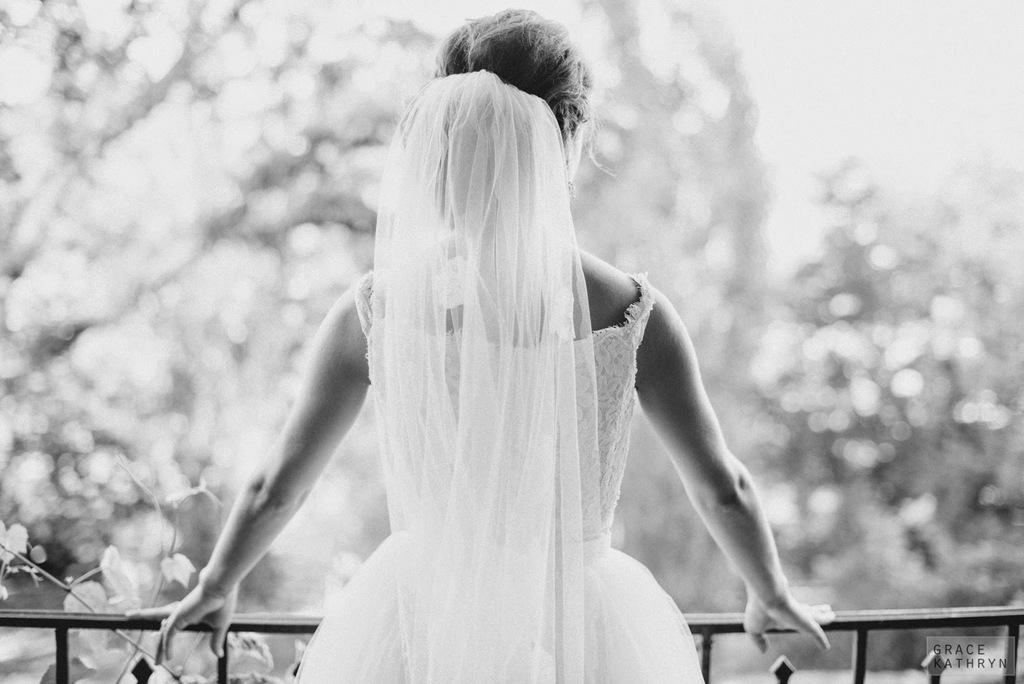“I have curly hair, do I need to do any treatments before my wedding, like a protein or botox treatment?” “How many pieces of lingerie should I buy? How much is enough?” These are the kinds of questions many brides, on social media groups, ask. Despite being helpful at times, with fellow brides giving advice on the best places to buy, usually household or fashion items, or the best services that they’ve tried, these bridal groups can also be quite stressful. A woman’s journey to her wedding day should be memorable. It should also be an unforgettable experience because of how enjoyable it is. But, for many brides in Egypt, it happens to be an unforgettable experience for all the wrong reasons. As a collective society, Egyptians like to voice their opinions on everything, even if it doesn’t concern them, and often give themselves the right to force these opinions on others. There is a typical mainstream narrative which most are expected to abide by. Amina Zaineldine, 28, Sandra Thomas, 27, and Nadine A, 26, are three young Egyptian women who struggled from societal pressure prior to their wedding day….



